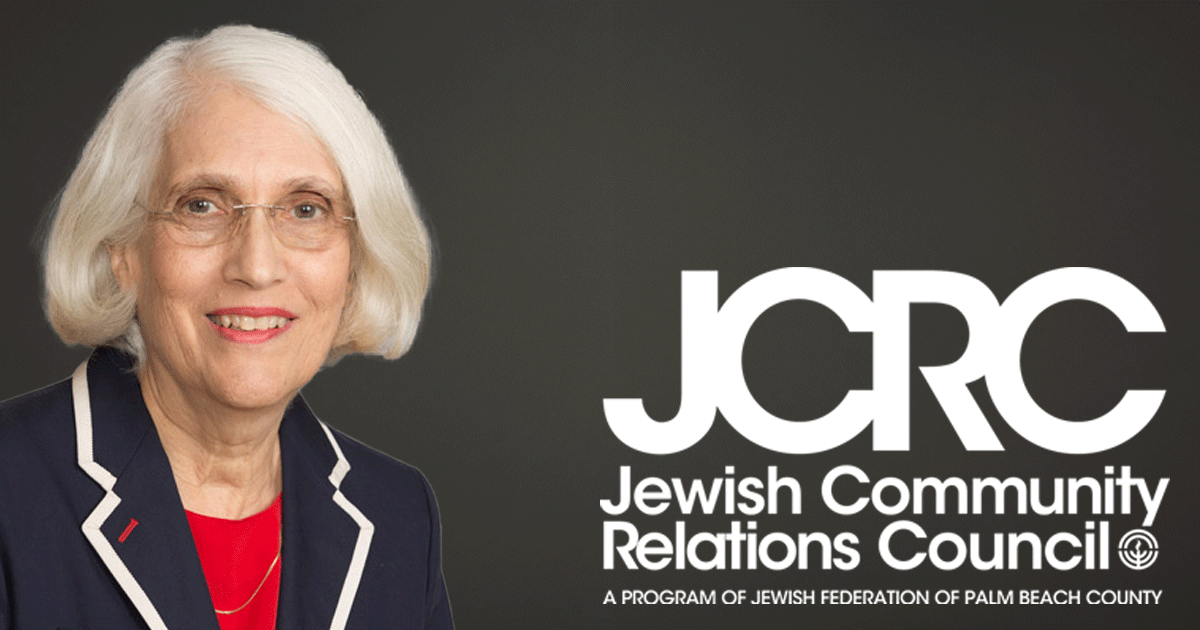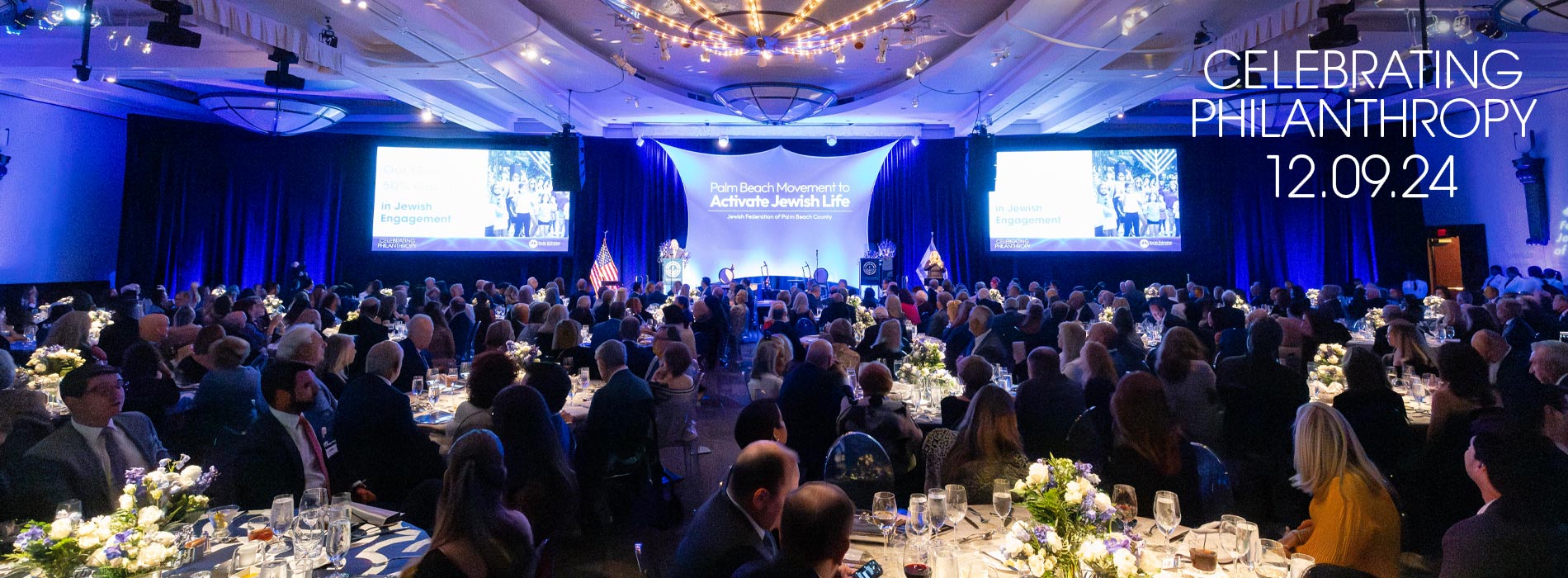JCRC BLOG: Antisemitism and Diversity, Equity and Inclusion (DEI)

By Linda Geller-Schwartz
Chair, Jewish Community Relations Council
Published January 8, 2024
What to do about our American Universities? When Ivy League presidents will not say that calling for a genocide of the Jews is against school codes, and when thousands of hostile, masked students are screaming “From the River to the Sea: Palestine will be Free,” what can we do to combat this antisemitism?
- Alumni are cancelling their donations.
- There are Congressional hearings, resolutions and draft legislation.
- The U.S. Department of Education has taken up some complaints against specific universities.
All these are important actions, but do they strike at the heart of “the problem”?
A couple of weeks ago, David Bernstein, the founder of the Jewish Institute for Liberal Values, met with the board of Federation’s JCRC in an informal conversation about this question. He argued that we can fire university presidents, suspend students or faculty and withdraw donations, but this only addresses the visible part of the iceberg, not the 90% submerged below the waterline.
It is this ideological 90% that is now the subject of much debate in the American Jewish community. Diversity, Equity and Inclusion (DEI), as it has evolved in institutions in this country and elsewhere, has become the accepted worldview for those who are left of center. DEI, as a program, may sound benign. Few would contest that the world would be a better place if every one of us, regardless of our race, religion, gender, sexual orientation, etc., would be included fully and equally in our society. Jews have a long history of fighting against discrimination and injustice, not just for ourselves, but for others who are being unfairly treated. But if this is what DEI really means, Jews should have felt an outpouring of support on university campuses after October 7, not the hostility or silence we actually experienced.
Instead of being an expression of real diversity, DEI has now become wrapped up in anti-racism theory and oppressor/oppressed analysis. At one point, intersectionality (a key concept behind DEI) was supposed to highlight how each person finds themselves in a different position of power in relation to others depending on that individual’s whole complex of identities (race, gender, sexual orientation, class, etc.) For example, as a white Jewish woman, I am more privileged than a Black man, when driving alone at night. No one is going to arbitrarily stop or assault me for a DWB (“Driving while Black”). However, as a Jew, I definitely would not have been privileged if I had been sitting in the Tree of Life Synagogue in Pittsburgh on Oct. 27, 2018. The scale of power, privilege and discrimination in society is complicated and cannot be reduced to a simplistic view of the world as a dichotomy of oppressors and oppressed, with the latter always being morally superior.
Yet, current DEI programs do just that, meaning that there is no room for Jews (deemed as white and privileged) to suffer from antisemitism. As DEI is defined in most universities and in some corporate environments, antisemitism is not even identified as a problem that needs to be addressed. So, what can we do?
There appear to be three choices:
(1) convince DEI administrators to change the way they view Jews
(2) try to transform DEI programs
(3) work to eliminate DEI from our educational institutions
We are starting to see an energetic debate over this issue within and outside the Jewish community.
Prior to October 7, the ADL had been working with Hillel and Chabad at the national level to convince administrators on campuses to adjust DEI programs to take account of Jewish students and their needs. They are trying to “decouple” DEI from a strict anti-racist theory and make it truly diverse and inclusive. AJC is also taking “an engage-and-influence approach.”
Meanwhile, former ADL leader Abe Foxman and former AJC leader David Harris have given up on changing DEI, arguing that it is now completely subsumed within oppressor/oppressed analysis and, as a result, we only get “bias, illiberalism, reinforced, legitimized and institutionalized antisemitism in many institutions.”
Author and journalist Bari Weiss, argues that the worldview behind DEI has now swallowed up our universities, cultural institutions, medical and law schools and “nearly every major corporation” creating illiberal environments prone to antisemitism. She says categorically “It is time to end DEI for good.”
Can we fix our universities without fixing DEI?
The Jewish community needs to decide whether DEI, somewhat changed or fundamentally transformed, is compatible with the inclusion of Jews on an equal footing with others.
Does DEI have to be ended?
Florida Governor Ron DeSantis has taken steps to weaken or eliminate DEI in educational institutions and in corporations in Florida. But if DEI is eliminated without replacing it with other programs and measures that address discrimination (including systemic discrimination), will this not be an equally regrettable situation?
The coming months and years will tell.
Linda Geller-Schwartz is the Chair of the Jewish Community Relations Council (JCRC) of Jewish Federation of Palm Beach County. Prior to her retirement, Dr. Geller-Schwartz taught in the Women’s Studies and Sociology Departments at Florida Atlantic University. She earned her Ph.D. in political science from the University of Toronto and her M.Sc. from the London School of Economics and Political Science.






